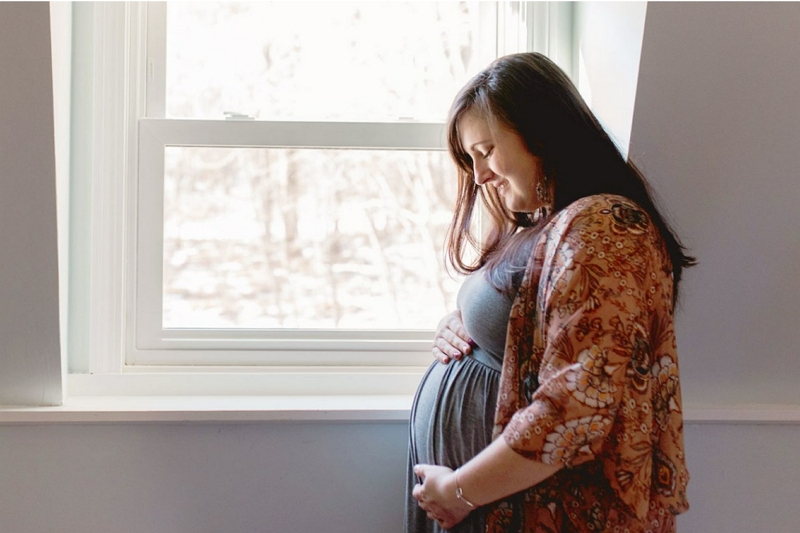How to make extra money while on maternity leave? Read this article.
One idea is to start freelancing. When you work at home, there’s no need for daycare and your employer probably won’t mind if you take a few days off here and there to see the doctor or attend appointments with your child.

Several websites match employers and employees looking for temporary assistance: Doostang, Upwork, Guru etc.
You can also use Craigslist which has both job postings as well as online classified ads where individuals post services they offer such as house cleaning jobs.
If you already have some expertise in an area like web design (or any other skill) it may be time to monetize this talent by offering freelance gigs on Fiverr or TaskRabbit; these are two very popular websites that offer tasks or gigs (jobs) for $20.
How much maternity pay will I get?
If you are entitled to maternity leave, your employer must give you at least two weeks of paid time off. This is called compulsory maternity leave (also known as statutory maternity leave).
Statutory Maternity Pay (SMP) is paid for up to 39 weeks and it’s based on how much money you earn. You can get Statutory Maternity Leave pay even if:
You don’t work continuously for the same employer throughout your pregnancy; or. It doesn’t matter whether they’re full-time, part-time or casual hours either – what counts is that they’re not self-employed. If a job ends before the end of SMP because you have been laid off or made redundantly, you can still qualify for SMP.
SMP is not classed as public funds and will not affect your immigration status or make it more difficult to secure a visa (under the points-based system).
It’s also tax-free – this means that if your employer pays into something like an occupational pension during maternity leave then you won’t have to pay income tax on that money when you get it back at the end of the year.
The taxable amount of statutory maternity pay was £139 per week in 2011/12 but from April 2012 this increased by just over 20% so now women are entitled to receive up to £149 per week whilst they’re off work on maternity leave.
Statutory Maternity Leave usually starts automatically two weeks before the baby is due, but if your doctor certifies that you’re not fit to work before this date then you can start earlier.
During maternity leave, women are also entitled to receive statutory sick pay, so if you are off work ill at the same time as being on maternity leave then it’s worth seeing whether your employer will still pay some of your salaries.
The UK government has recently extended statutory maternity to 52 weeks for women who have a third child and this applies even if they’re self-employed or an agency worker.
During Maternity Leave – If you go back to work before the end of your Statutory Maternity Pay period because you don’t qualify for SMP (e.g..you only worked in one job during that 39 weeks), but then meet the criteria later after having had another baby, you can make National Insurance contributions towards any missed payments within three months of returning work which would enable you to claim SMP.
If you’re an agency worker, HMRC advises that the company should make up any shortfall between what your pay would have been and how much it was by applying to their local tax office for a rebate which is possible whether you’ve gone back early or not.
It’s also worth keeping all receipts because if they don’t claim this money back on time, then after three months there are penalties of 20% of the amount owed plus interest at eight per cent above base rate until paid – so keep everything!
Worse still if they go into liquidation before paying anything back (and many companies do) then nobody has to repay these contributions.
How do I start my maternity leave?
Once you give birth to your child, you will be entitled to 16 weeks of maternity leave. The first four weeks of the maternity leave is paid and the remaining 12 weeks are unpaid.
However, if your employer provides an allowance for a longer period than what’s required by law then it would be legally binding and cannot exceed mor up to 39 weeks of statutory sick pay – again at a rate of £139 per week in 2011/12 and increasing slightly each year.
You might be able to get some money from elsewhere as well – for example, parents may be eligible for Child Benefit during their maternity leave (although they won’t always receive it automatically).
For more information on what benefits are available while off work after having had a baby visit Directgov or call 0845 608 8525.
Regarding tax-free allowances; many employers offer new mothers additional childcare costs upon returning than 24 calendar months (for example 52 pay periods).
If they do not provide such an allowance or offer less time, then that additional amount that exceeds 12 weeks could still count as regular vacation leave earned during those years with them; this means you can carry it over into future employment!
There are some exceptions though like self-employed workers who don’t receive any statutory benefits at all because there is no employer to be held accountable for paying them.
